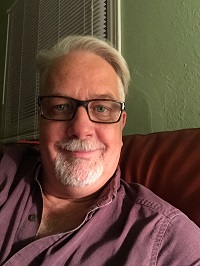Canada's electoral history from 1867 to today
Base → The Friends of PoliCan → About Maurice Y. Michaud
I call myself Maurice
par Maurice Y. Michaud (il/lui)
 I will be writing something here, but I have other things to do right now, so...
I will be writing something here, but I have other things to do right now, so...
© 2019, 2024 :: PoliCan.ca
Pub.: 14 May 2022 09:08
Rev.: 14 May 2023 09:30


 I will be writing something here, but I have other things to do right now, so...
I will be writing something here, but I have other things to do right now, so...